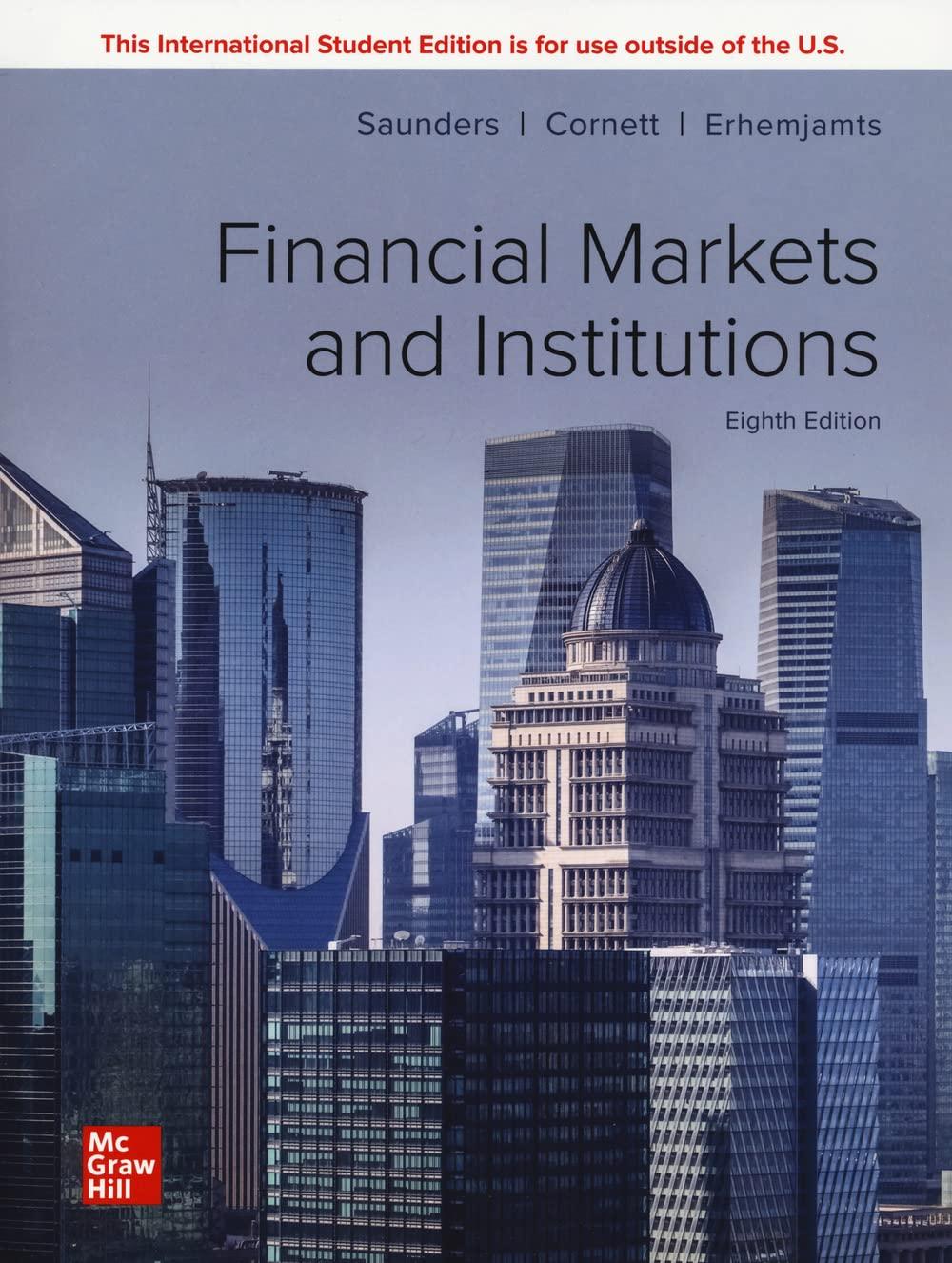You are trying to decide how much to save for retirement. Assume you plan to save $8,000 per year with the first investment made one year from now. You think you can earn 7.5% per year on your investments and you plan to retire in 29 years, immediately after making your last $8,000 investment. a. How much will you have in your retirement account on the day you retire? b. If, instead of investing $8,000 per year, you wanted to make one lump-sum investment today for your retirement that will result in the same retirement saving, how much would that lump sum need to be? c. If you hope to live for 17 years in retirement, how much can you withdraw every year in retirement (starting one year after retirement) so that you will just exhaust your savings with the 17th withdrawal (assume your savings will continue to earn 7.5% in retirement)? d. If, instead, you decide to withdraw $152,000 per year in retirement (again with the first withdrawal one year after retiring), how many years will it take until you exhaust your savings? (Use trial-and-error, a financial calculator: solve for "N", or Excel: function NPER) e. Assuming the most you can afford to save is $1,600 per year, but you want to retire with $1,000,000 in your investment account, how high of a return do you need to earn on your investments? (Use trial-and-error, a a. How much will you have in your retirement account on the day you retire? The amount in the retirement account in 29 years would be s (Round to the nearest cent) b. If, instead of investing $8,000 per year, you wanted to make one lump-sum investment today for your retirement that will result in the same retirement saving, how much would that lump sum need to be? You will need to make one lump sum investment today of s(Round to the nearest cent) c. If you hope to live for 17 years in retirement, how much can you withdraw every year in retirement (starting one year after retirement) so that you will just exhaust your savings with the 17th withdrawal (assume your savings will continue to earn 7.5% in retirement)? The amount you can withdraw every year in retirement is s(Round to the nearest cent.) d. If, instead, you decide to withdraw $152,000 per year in retirement (again with the first withdrawal one year after retiring), how many years will it take until you exhaust your savings? (Use trial-and-error, a financial calculator: solve for "N", or Excel: function NPER) Enter your answer in each of the answer boxes. O Type here to search F1 F2 F3 F4 FS F6 4 6








